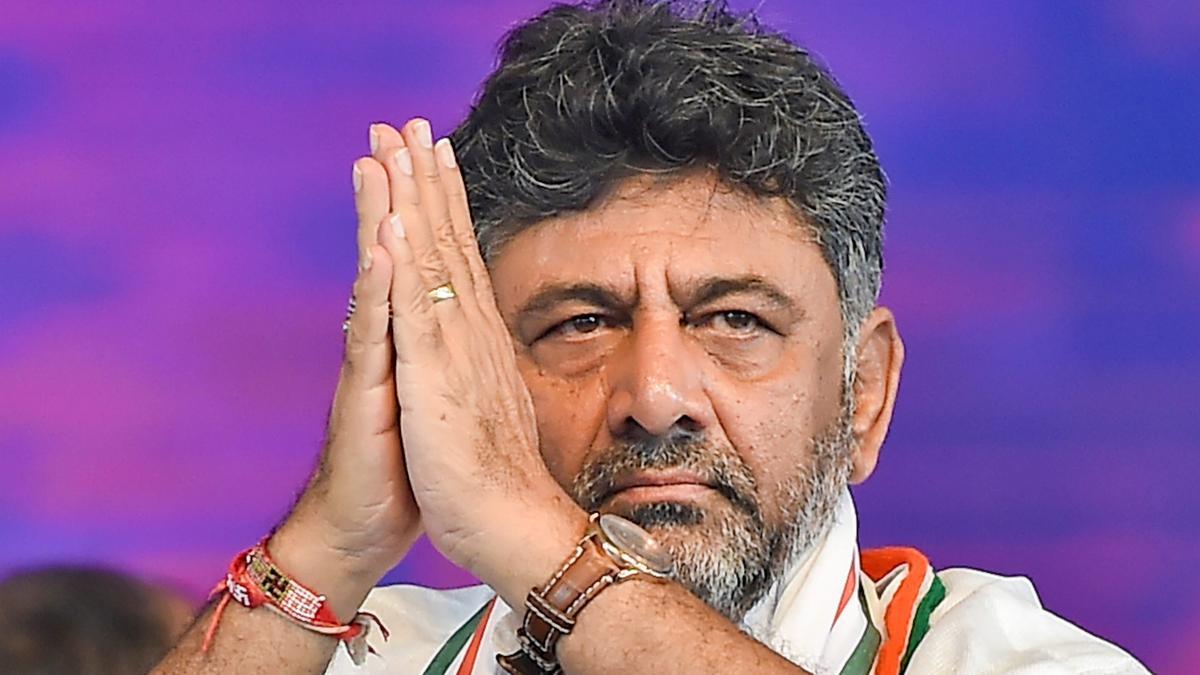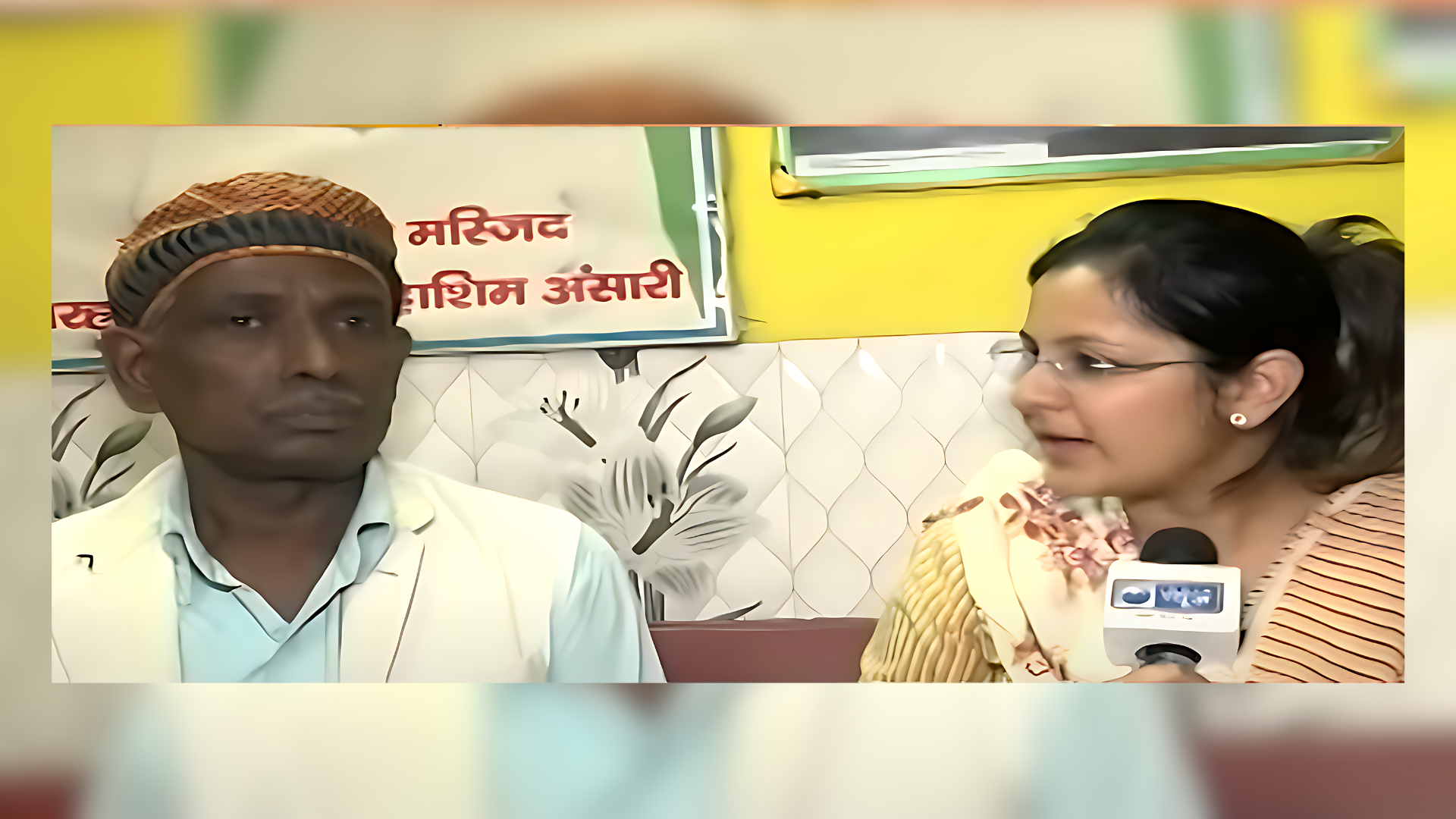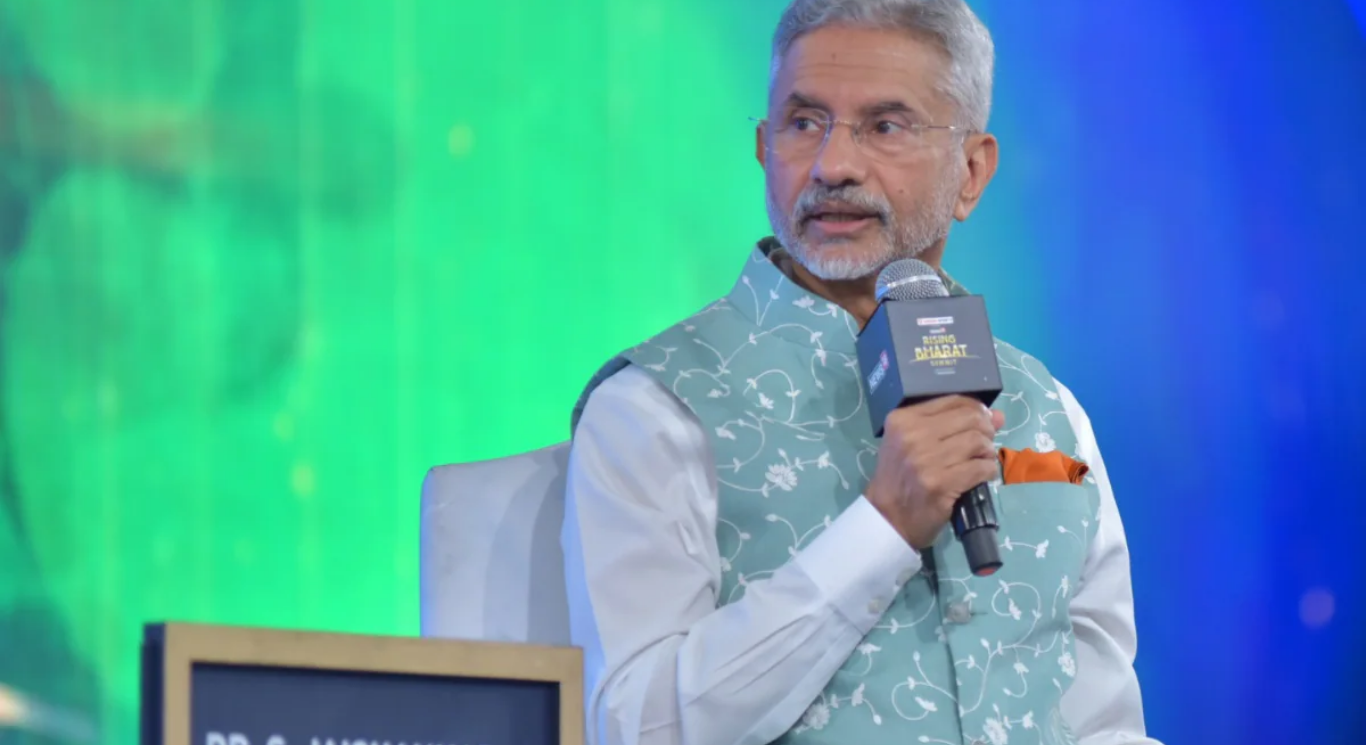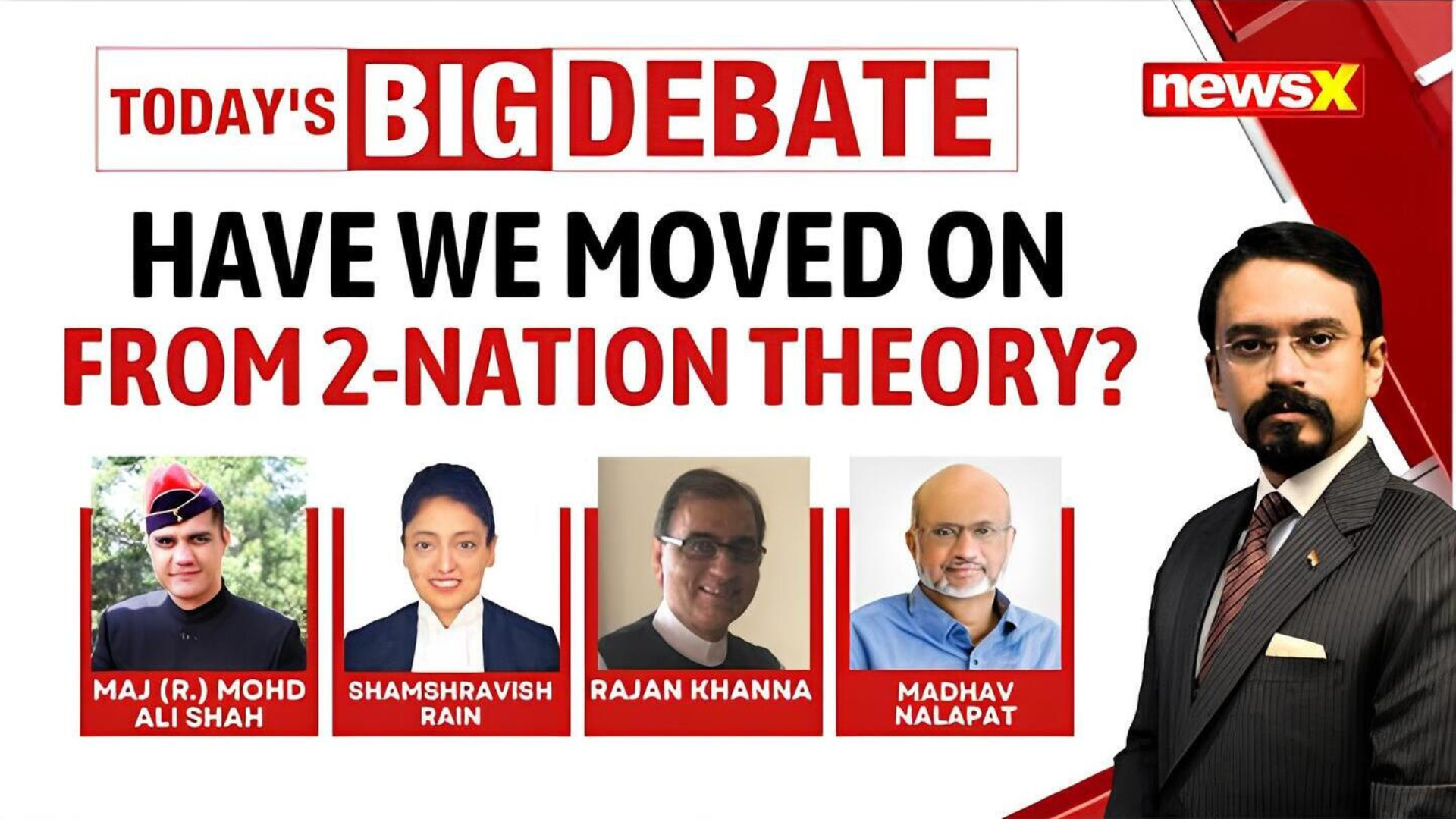










The Delhi High Court imposed a fine of Rs one lakh on Google for misrepresenting facts and failing to disclose crucial information regarding the rejection of its patent by the European Patent Office (EPO). This decision came as the Court dismissed Google’s appeal against the order of the Assistant Controller of Patent and Design, which had rejected its application.
Google had applied for a patent titled “Managing Instant Messaging Sessions on multiple devices.” However, the High Court noted that the application was dismissed by the Assistant Controller due to a lack of inventive steps. Google argued that the application had been abandoned before the EPO.
In her ruling, Justice Prathiba M Singh pointed out that Google had not only misrepresented facts to the Court but also failed to disclose vital information about the rejection of the EU parent application and a subsequent divisional application, both of which were declined for lack of inventive step.
“The Appellant in the present appeal not only presented wrong facts to the Court but also failed to disclose the information regarding the refusal of the EU parent application as also of the divisional application which was filed consequently,” Justice Singh stated.
Google’s application had been rejected by the Assistant Controller of Patent and Design for lacking inventive steps. Following this, Google had taken the matter to the Intellectual Property Appellate Board (IPAB), which was later abolished, leading to the transfer of the appeal to the High Court.
Upon reviewing the case, the High Court upheld the Assistant Controller’s decision, stating, “The Controller is right when he holds that the step contemplated in the subject patent application lacks inventive step and is obvious to a person skilled in the art.”
“The sum and substance of the above discussion is that despite the submissions made on behalf of the Appellant, the subject invention is not entitled to grant of a patent given the lack of inventive step. Thus, the present appeal is not tenable and is liable to be dismissed,” the bench concluded.
This ruling by the Delhi High Court serves as a reminder of the importance of truthful and complete disclosure in patent applications, emphasizing the need for transparency in the patent process.









